Our curated Collection of Ayurvedic knowledge for you
Kapha is made up of the elements of Earth and Water and means “that which sticks”. It is the energy of building and lubrication and provides the body with its physical form and We at Dabur are working towards helping people lead a healthy, balanced life. Explore our collection of articles and reads that promote well being and help you get a broader insight into Ayurvedic living.
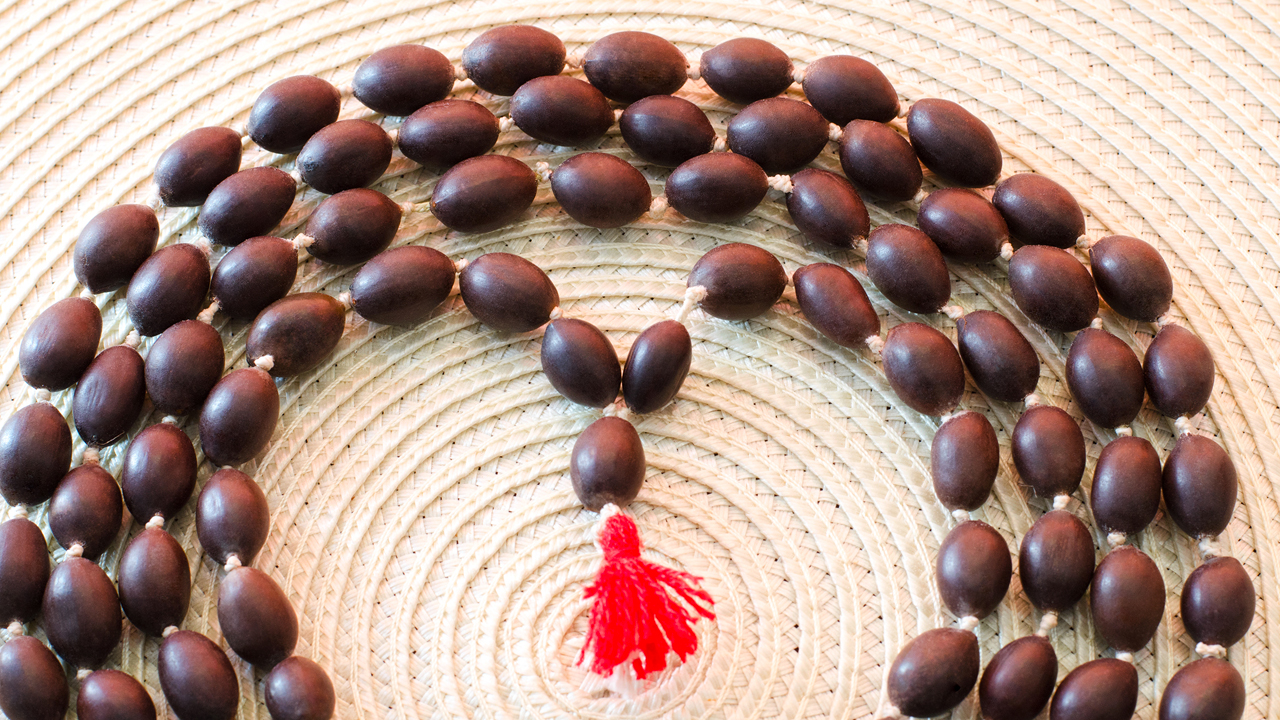
Trimala The Three Types of Body Wastes
Ayurveda believes that diseases or illnesses can a...
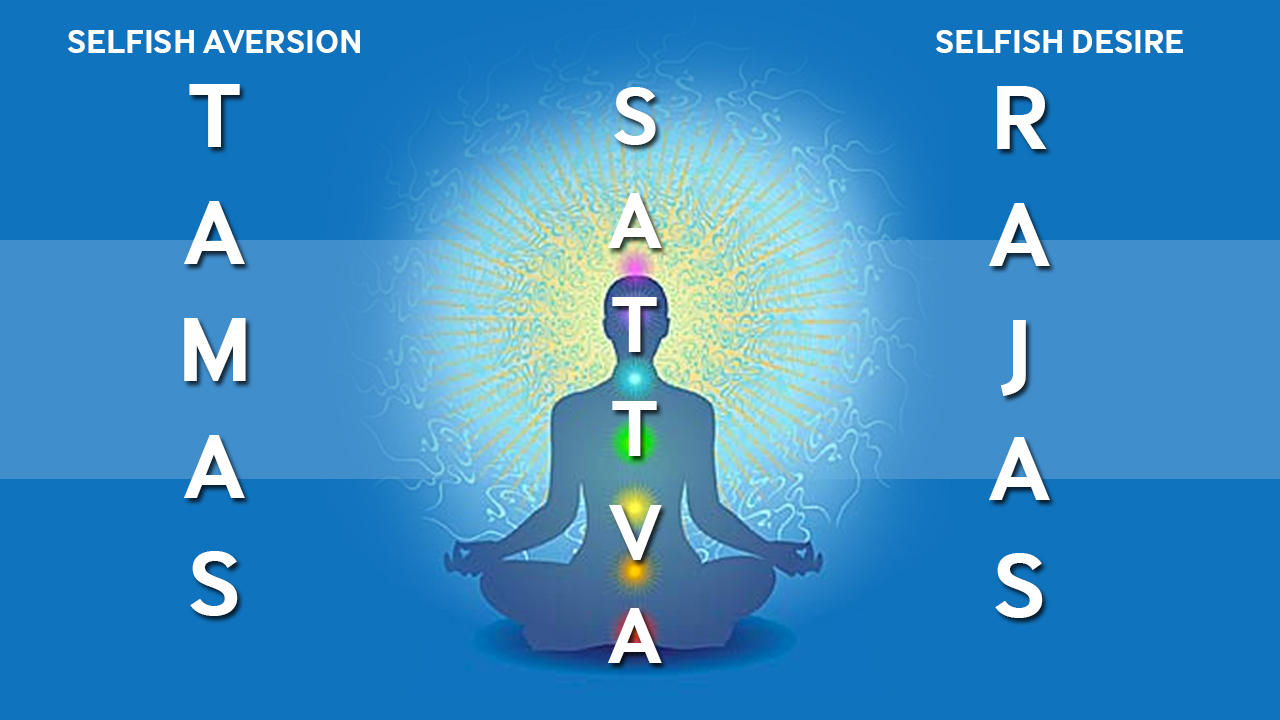
Trigunas (Satva, Rajas and Tamas) – The three fundamental features of nature
According to Ayurveda, man is made up of the five ...
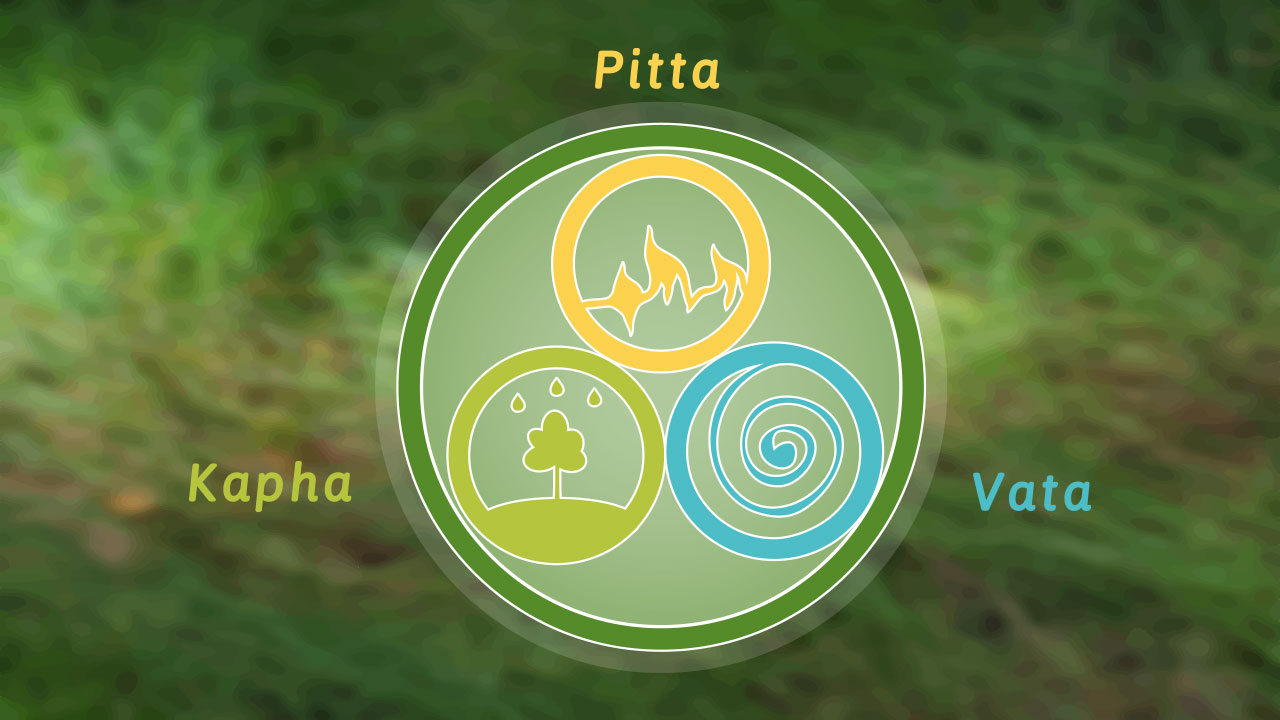
Tridoshas – The Three Body Humors
Ayurveda identifies three basic types of energy, o...

Treatment in Ayurveda
According to Ayurveda, an ideal treatment is the o...

Trayodosa Agni The Digestive Fire inside body
As per the principles of Ayurveda, the biological ...
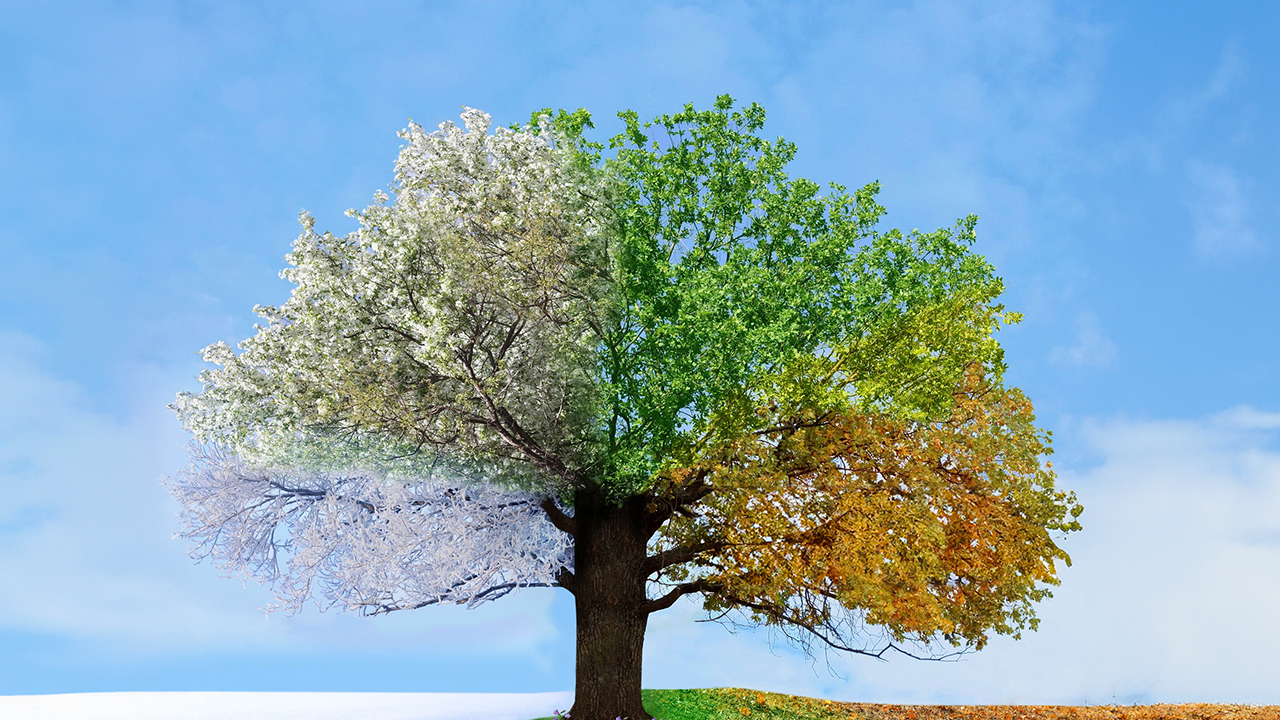
Understanding Ritucharya
Ritu (season) has different effects on the body as well as the environment....
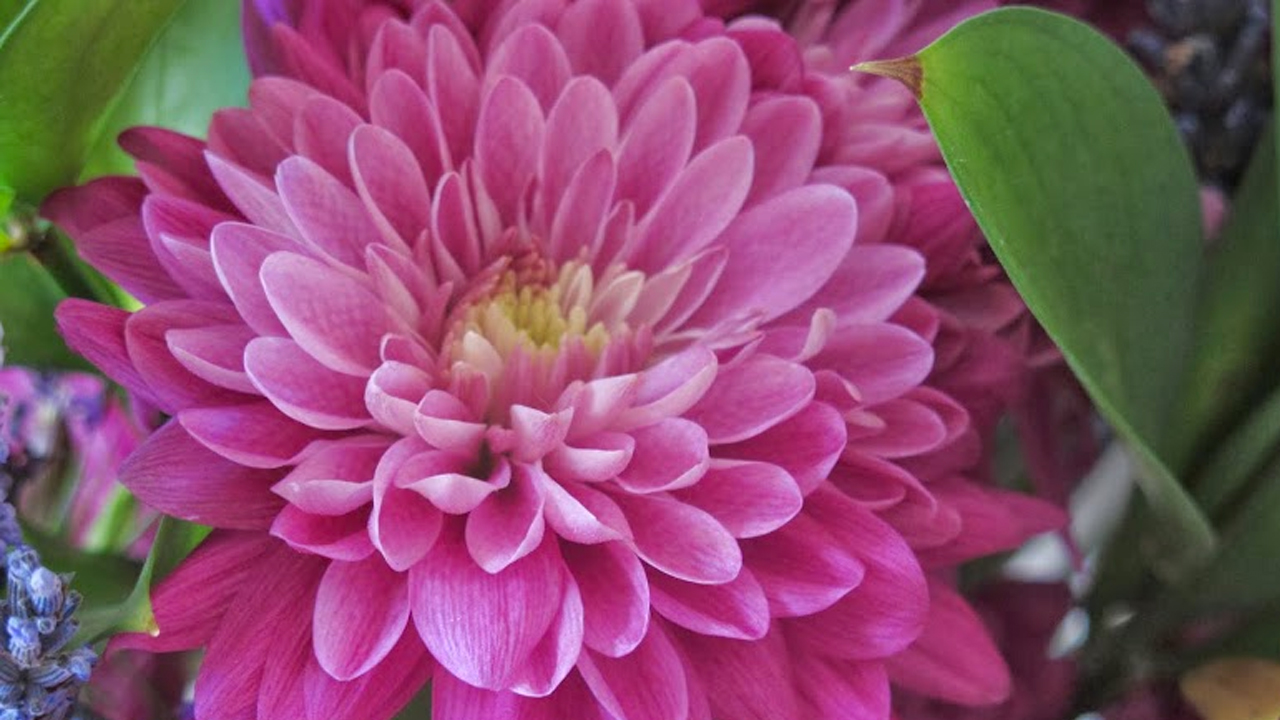
Sadvritta
Ayurveda describes health as a balance of body, mind, social and spiritual ...

AYURVEDIC TIPS TO REDUCE STRESS
The feeling we have when under pressure is stress. It has become an inevita...

YOGA
Yoga comes from Sanskrit meaning Yoke, or union. In the practice of yoga...
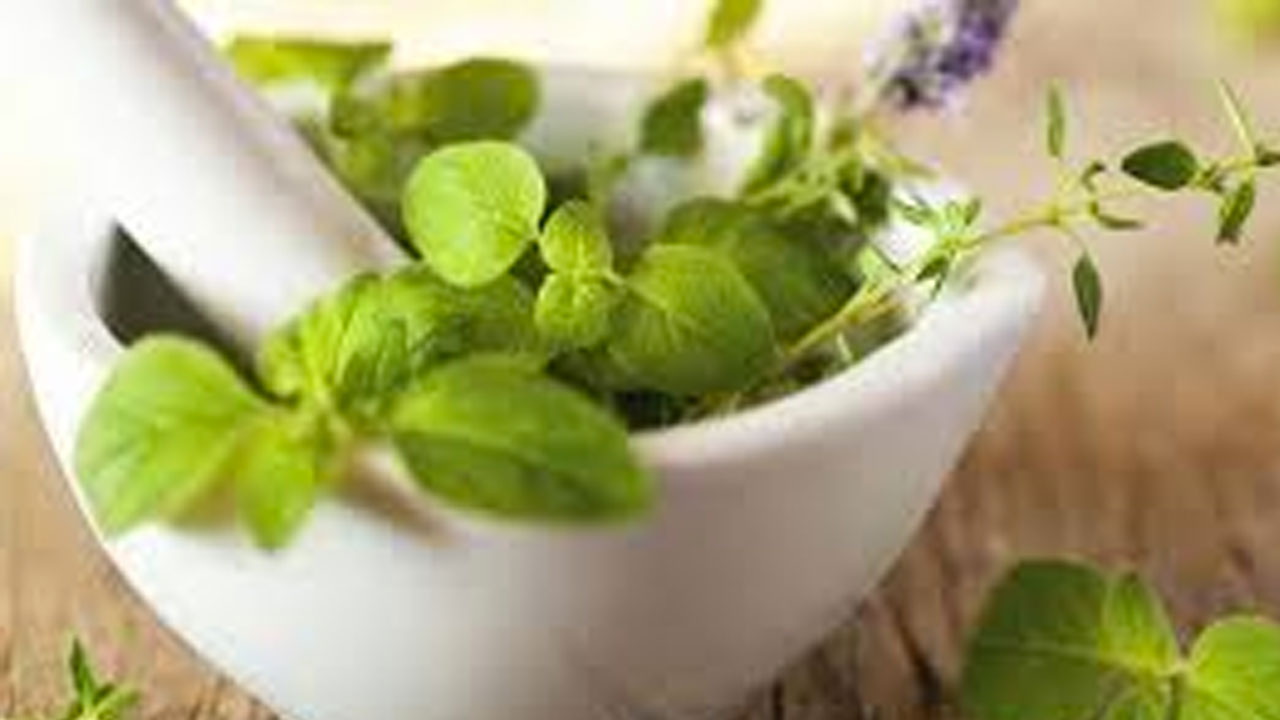
ADHARANIYA VEGA (NON SUPPRESIBLE NATURAL URGES)
Ayurveda mentions thirteen types of natural urges in the body which shou...

Dincharya & Ratricharya
Activities done by a person from morning to evening are referred to as Dinc...
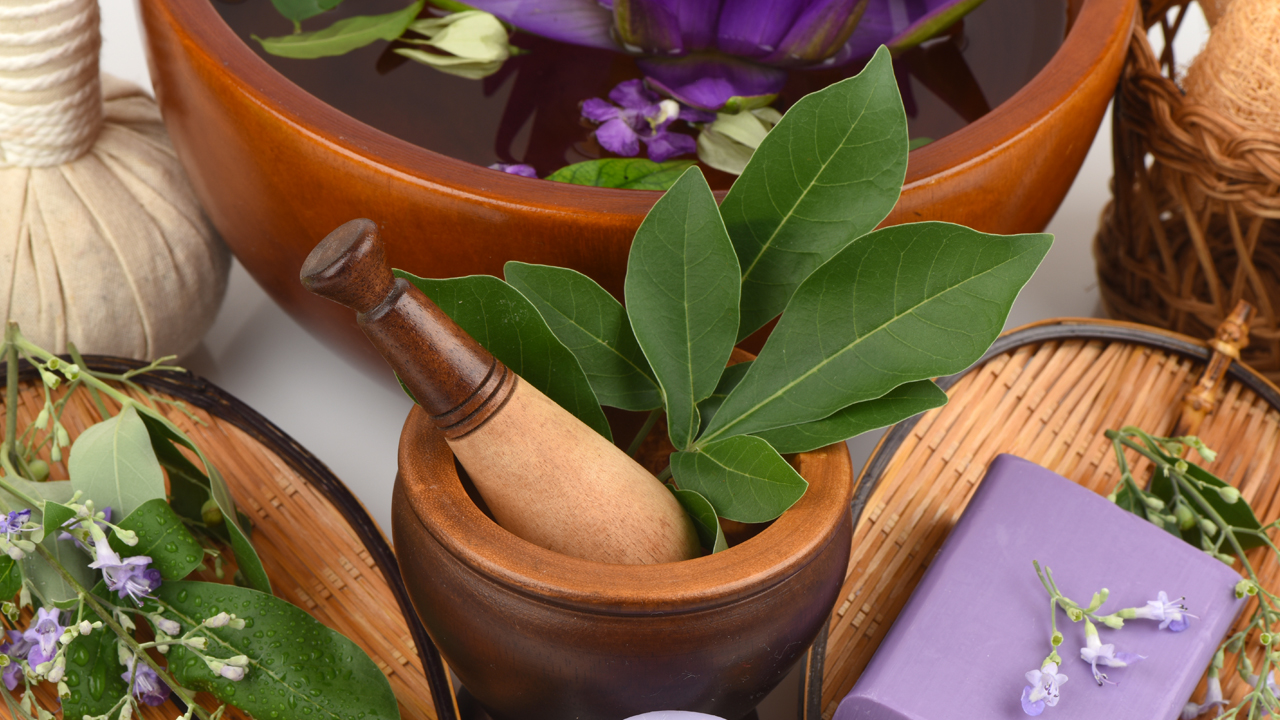
Five herbs for skin health
According to Ayurveda, many factors determine skin health. These include – ...

Influence of food over emotion and mind
Ayurvedic principles state a very strong connection between food and the hu...

Meditation in Ayurveda
A continuous flow of perception or thought is meditation. Meditation is a p...
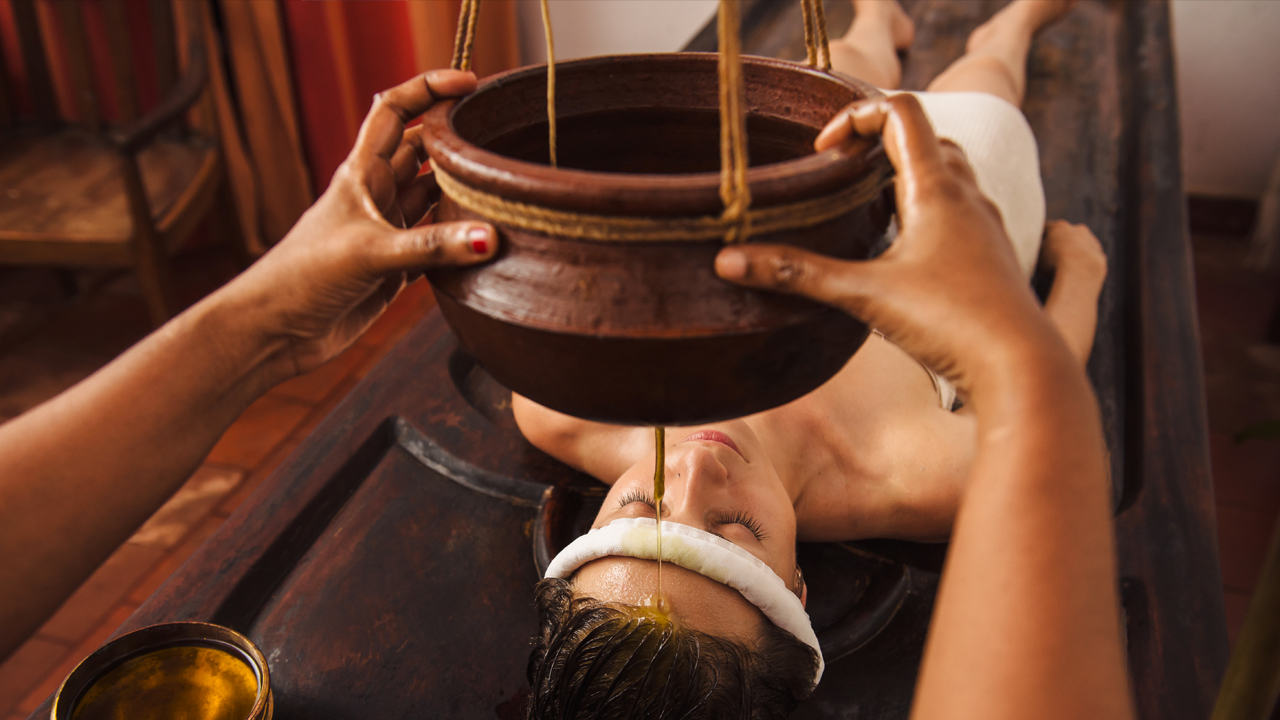
Panchakarma therapy
Panchakarma is an internal cleansing process which is highly effective in t...
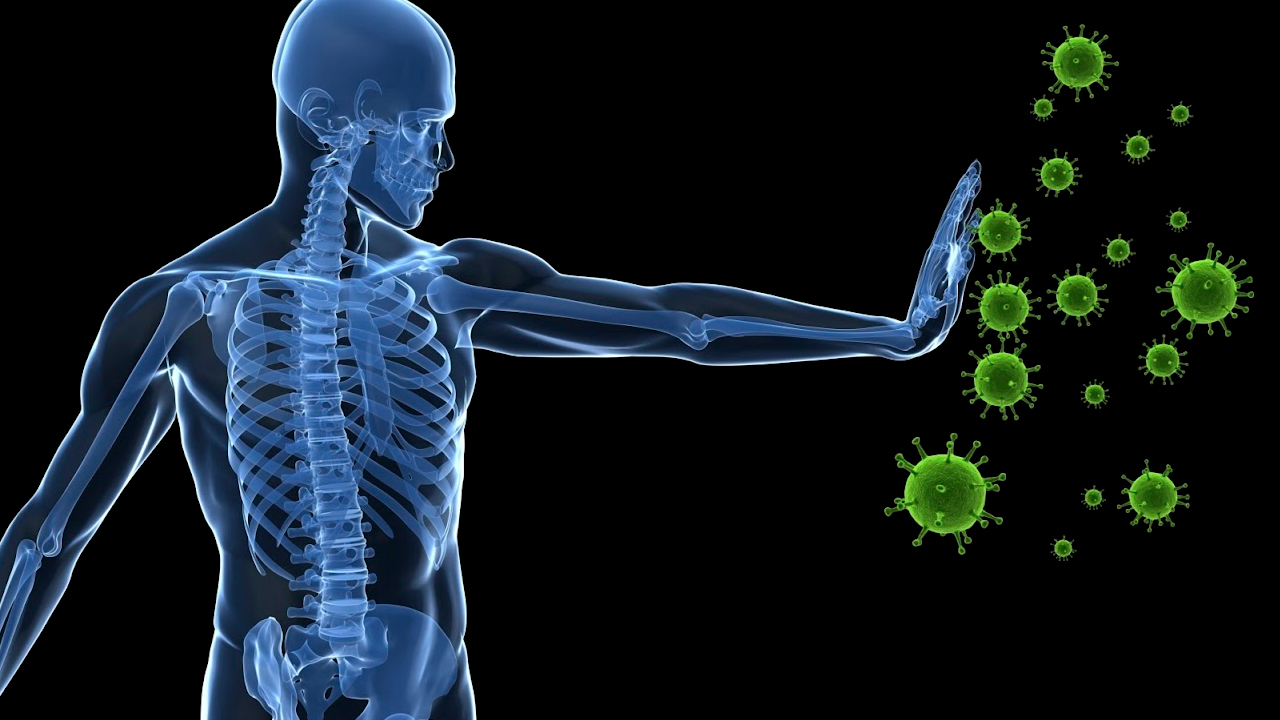
Rasayana Therapy for Rejuvenation
The Rasayana therapy nourishes the whole body by strengthening the tissue R...
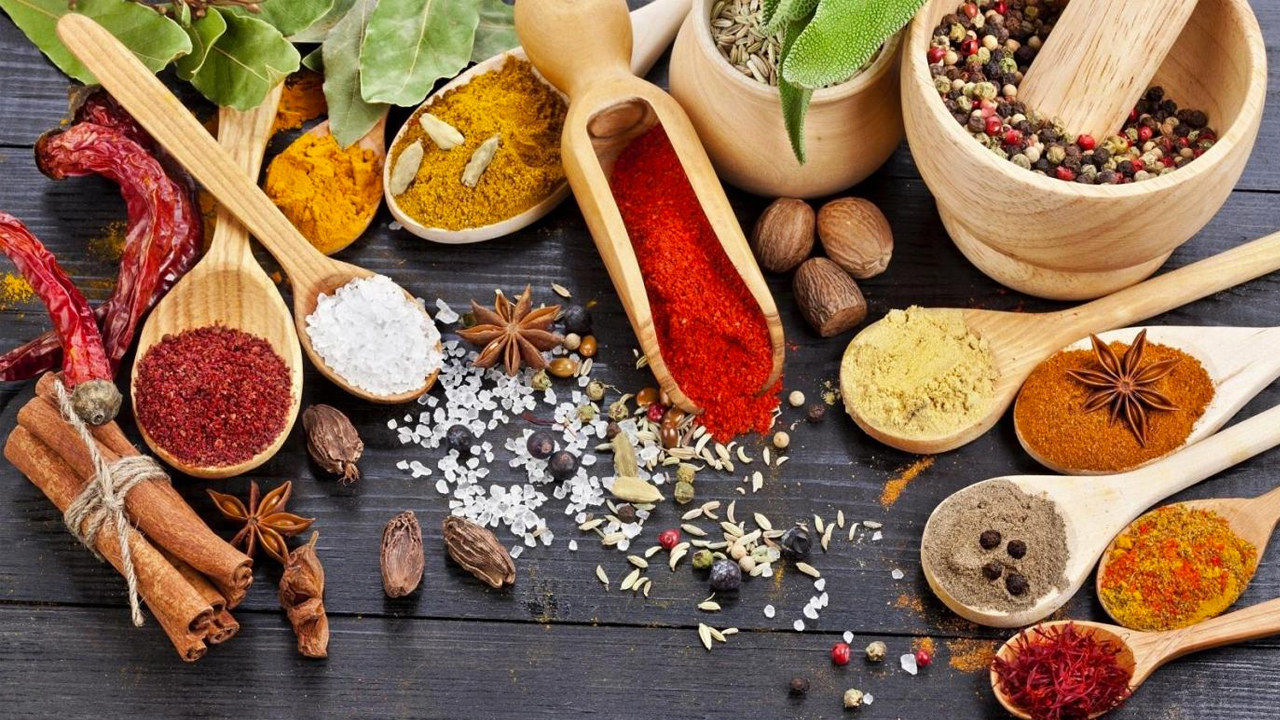
Role of spices in diet – An Ayurvedic perspective
Spices enhance the taste and flavour of food, tickling our olfactory lobes ...
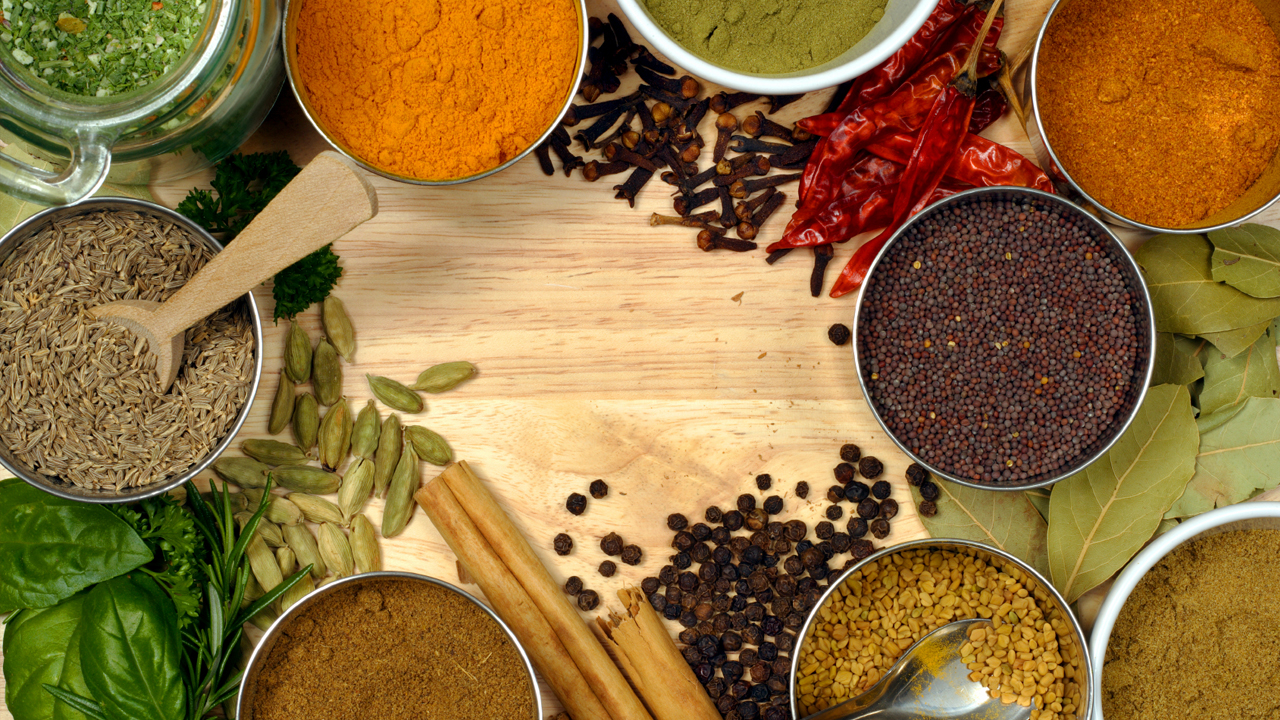
Sattvic-Diet
Ayurveda always emphasizes on having a Sattvic diet as it helps lead a heal...
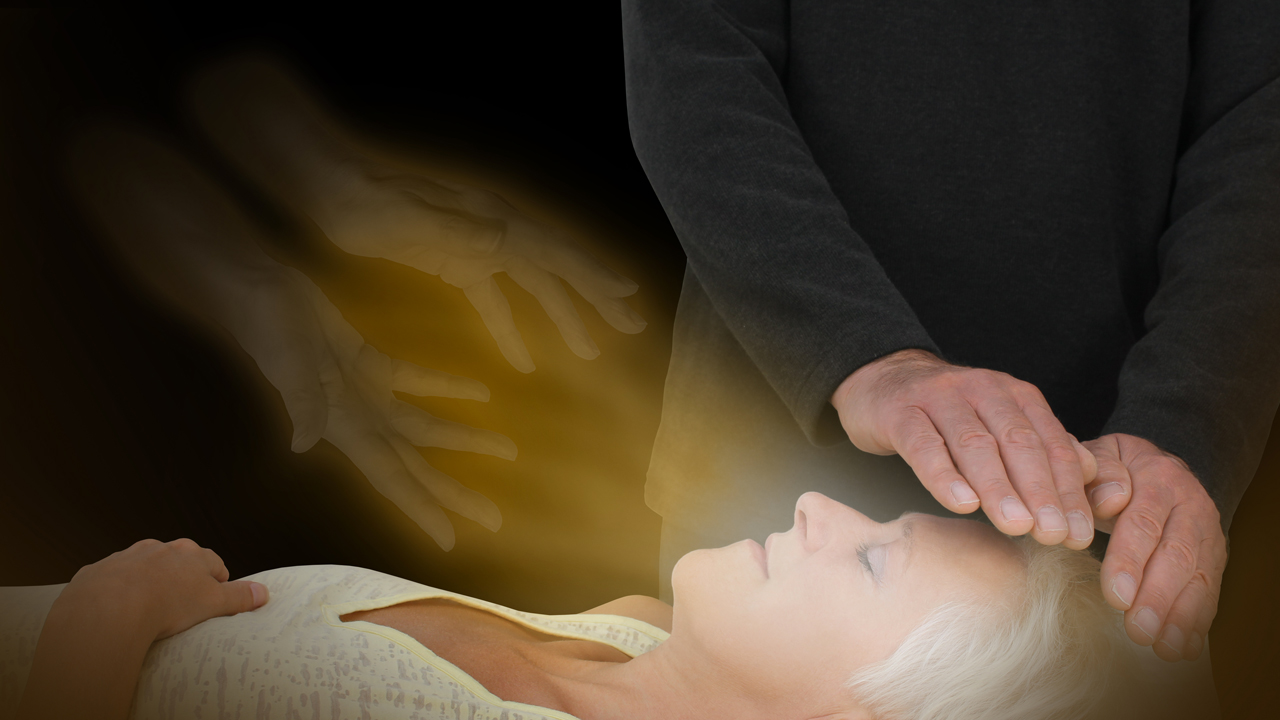
Shamana Therapy
Ayurvedic treatment comprises of two parts - Samshodhana and Samshamana. Sh...
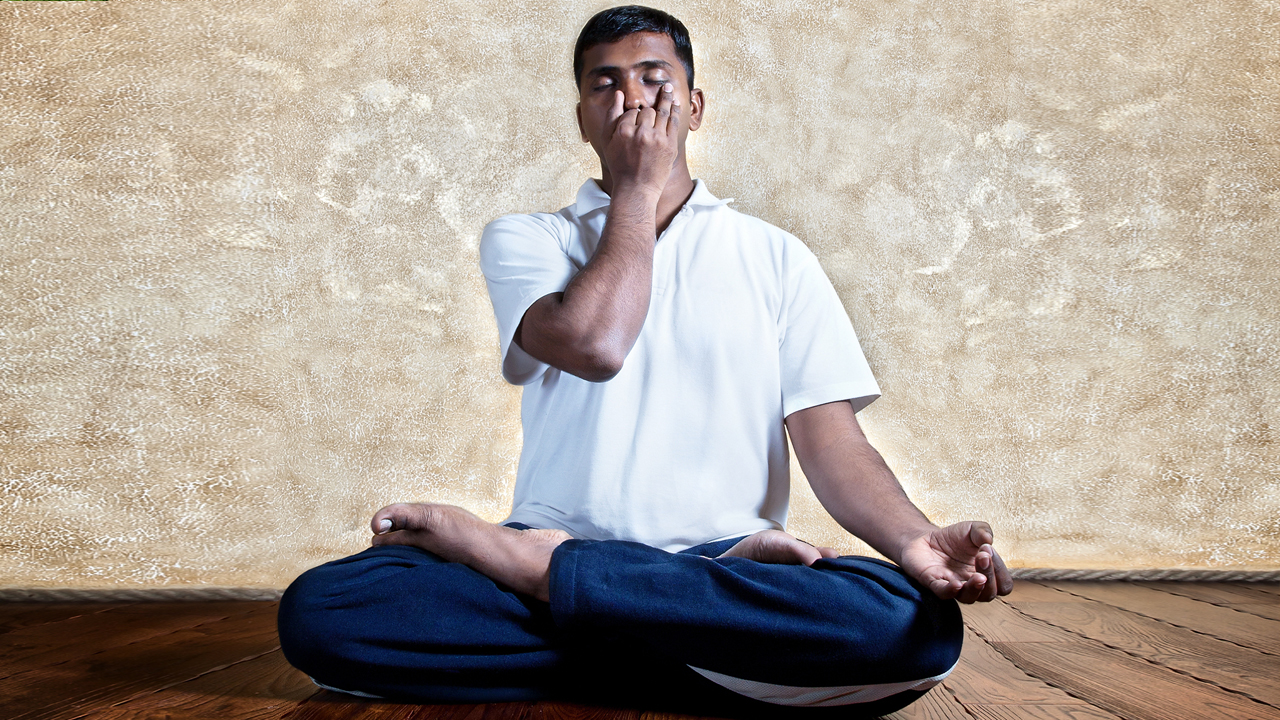
Shodhana Therapy
Shodhana is a purification therapy. The aggravated Doshas from the body are...
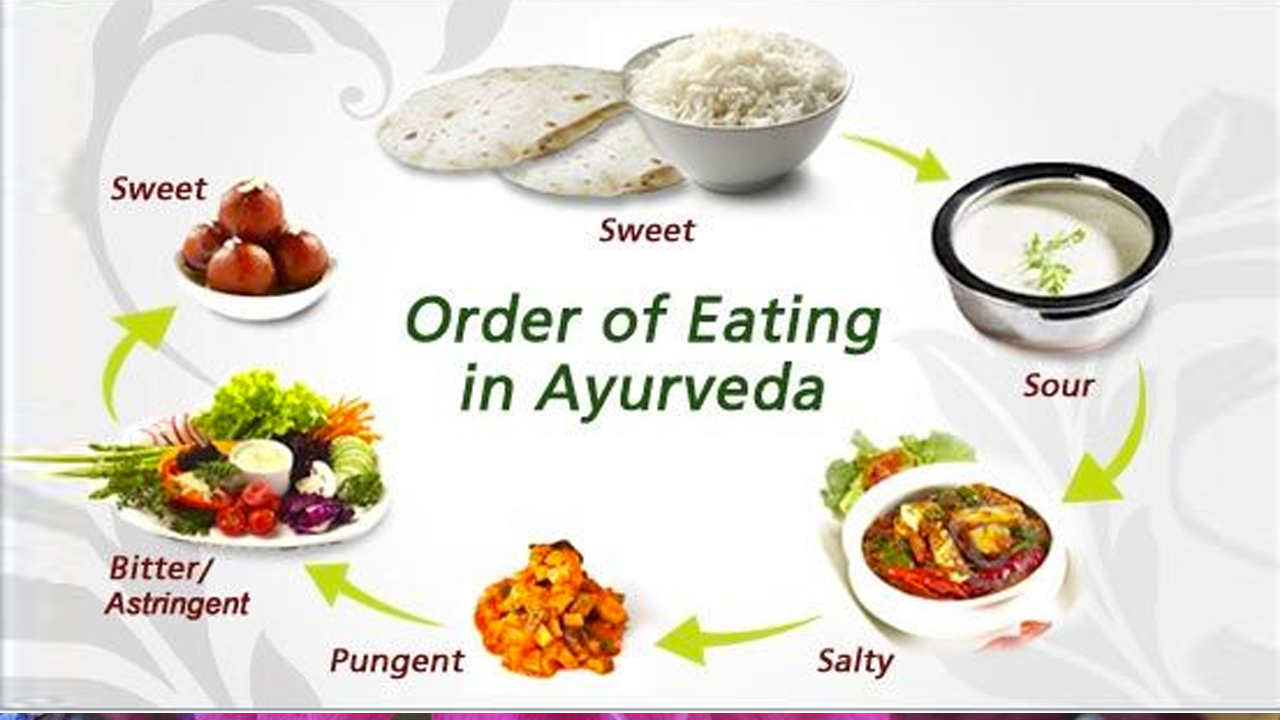
The Six Rasas
Ayurveda recommends including each Rasa in every meal of the day. In this w...
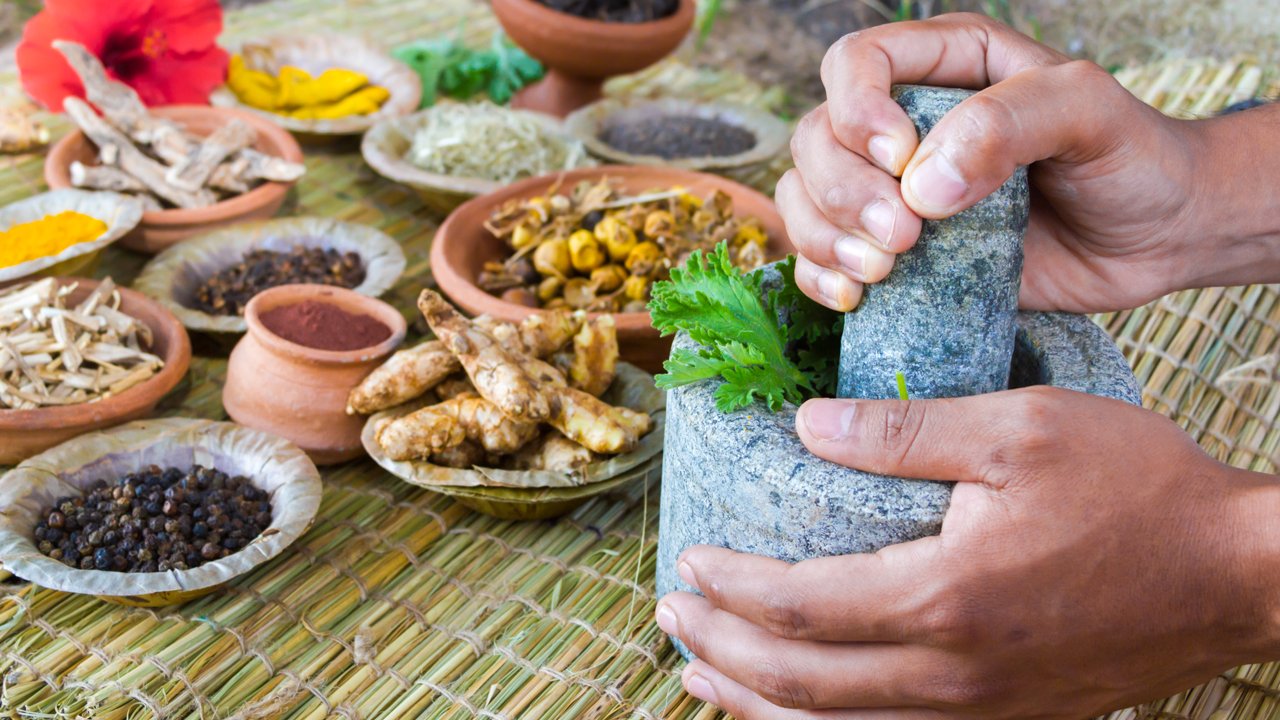
What is Ayurveda
Ayurveda is known to be the oldest healing science in existence, forming th...
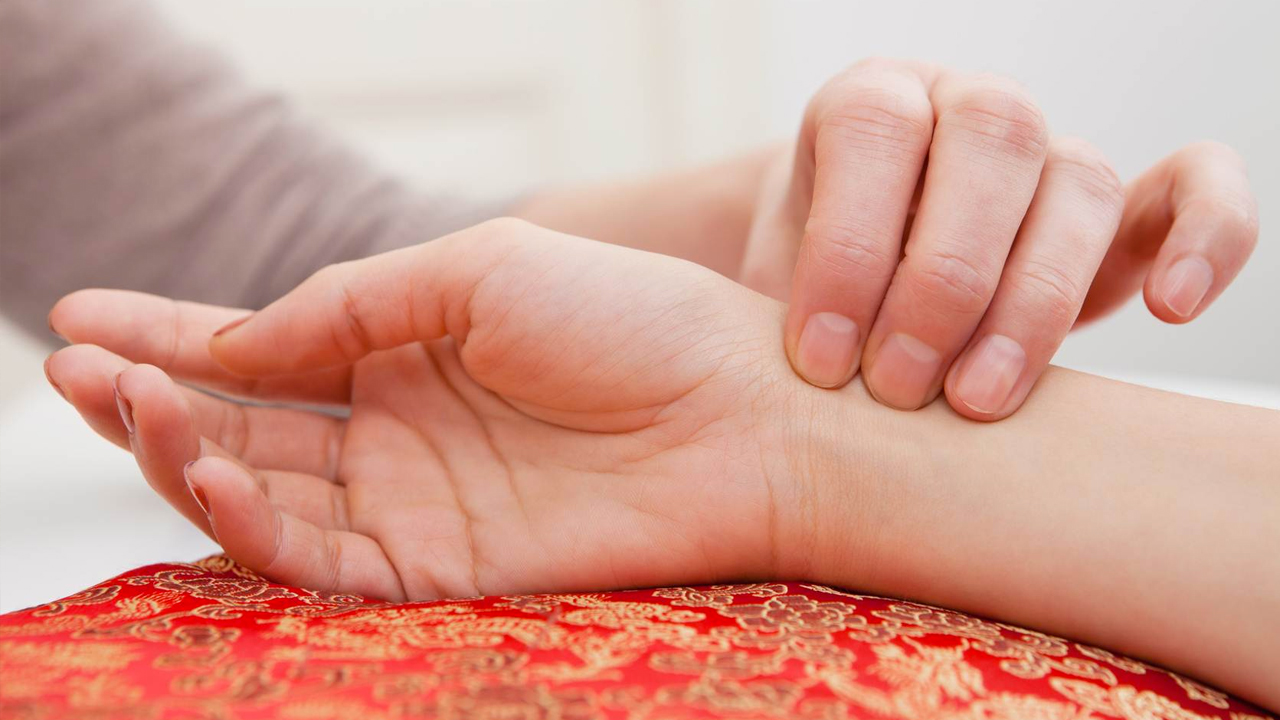
Diagnosis in Ayurveda
In Ayurveda, the concept of diagnosis stems out of the belief that the body...

Importance of Vihar (Lifestyle) in Ayurveda
Lifestyle (or Vihar) is a cumulative product of your natural physical capac...
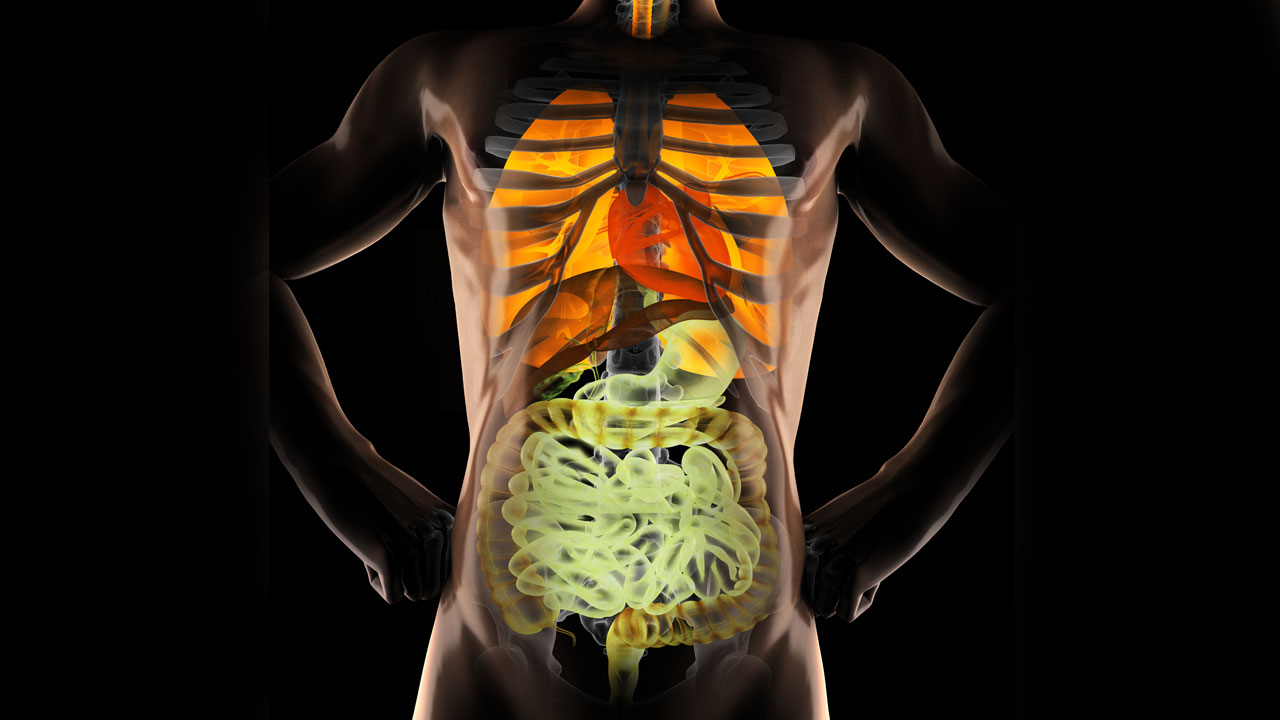
Ayurveda & The Concept of Disease
According to Ayurveda, disease is a state of the body and mind that gives p...
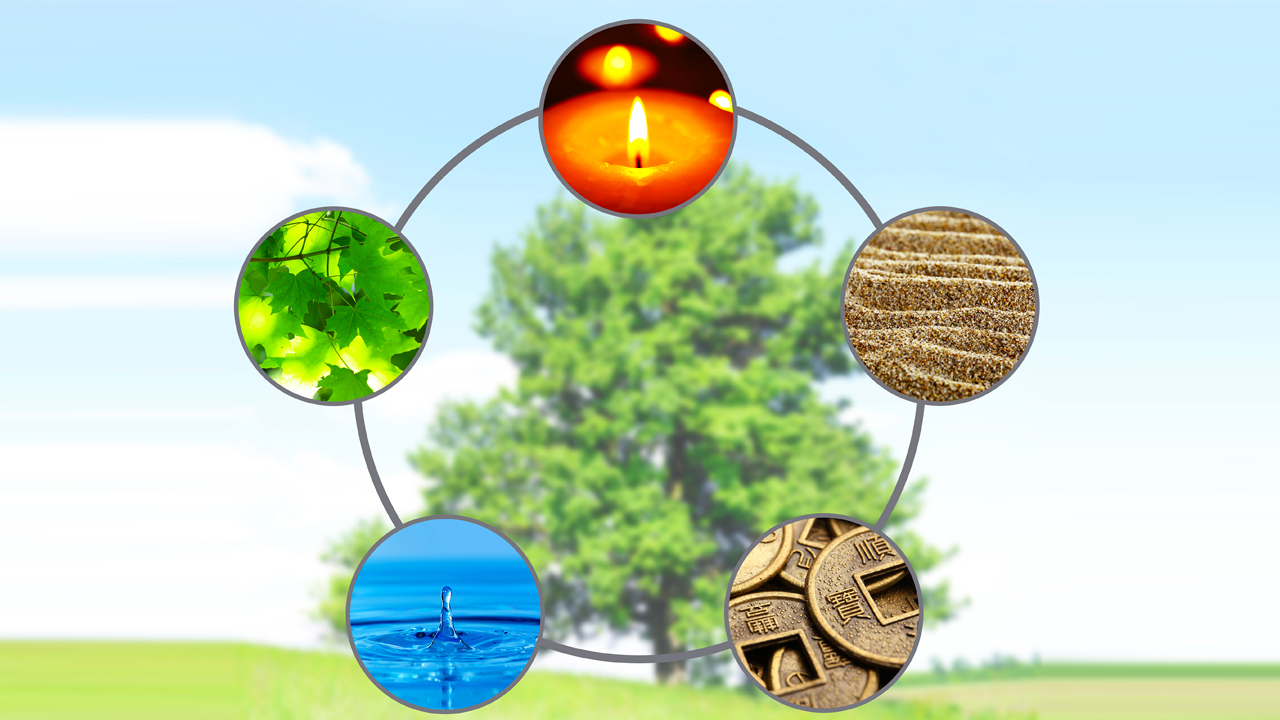
Panch Mahabhutas – the five basic elements of life
Ayurveda believes in the concept that man is a microcosm (small sample) of ...
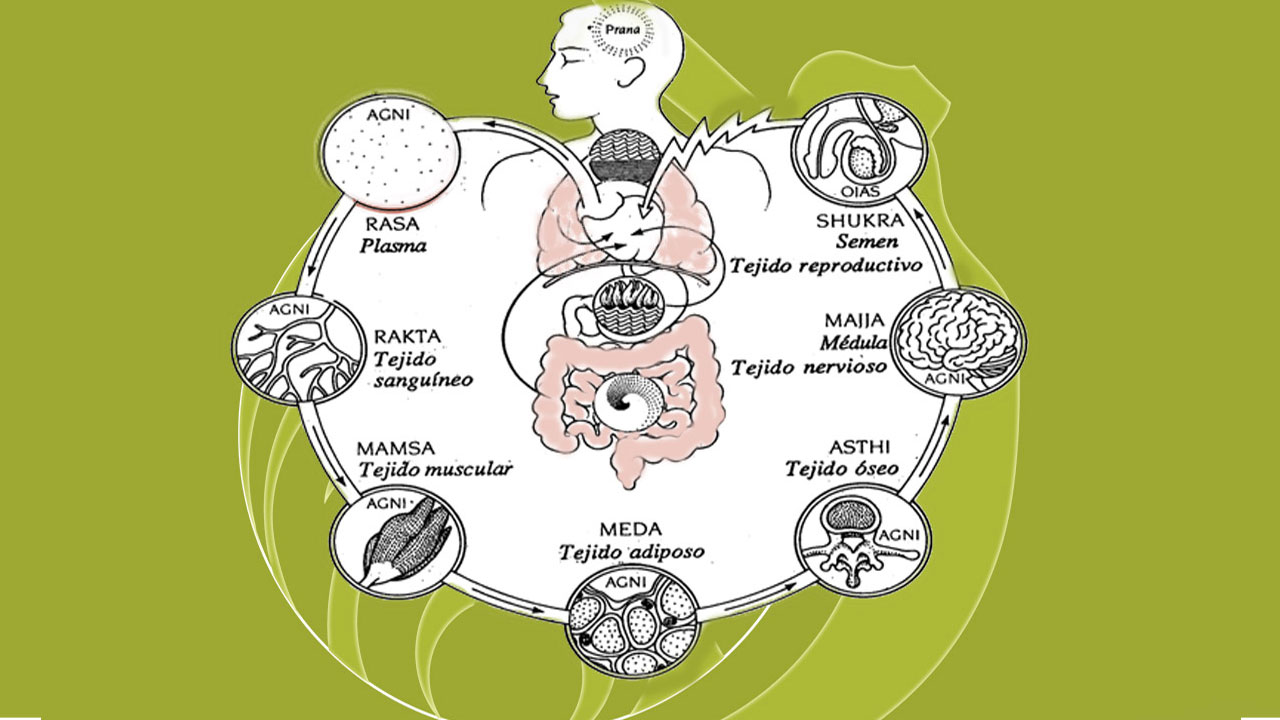
Saptadhatu The Seven Body Tissues
The human body is primarily made up of seven basic and vital tissues called...
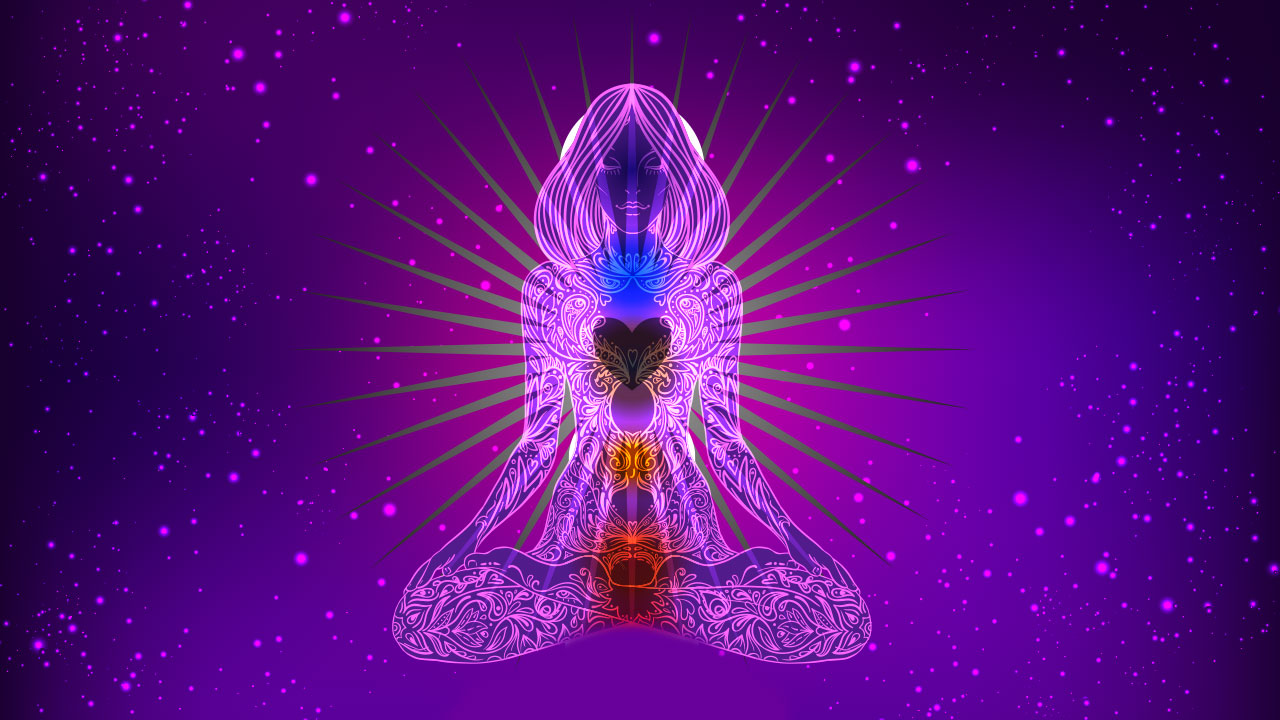
Ayurveda & the Concept of Health
In Ayurveda, the concept of health or Swasthya is fundamental to the unders...
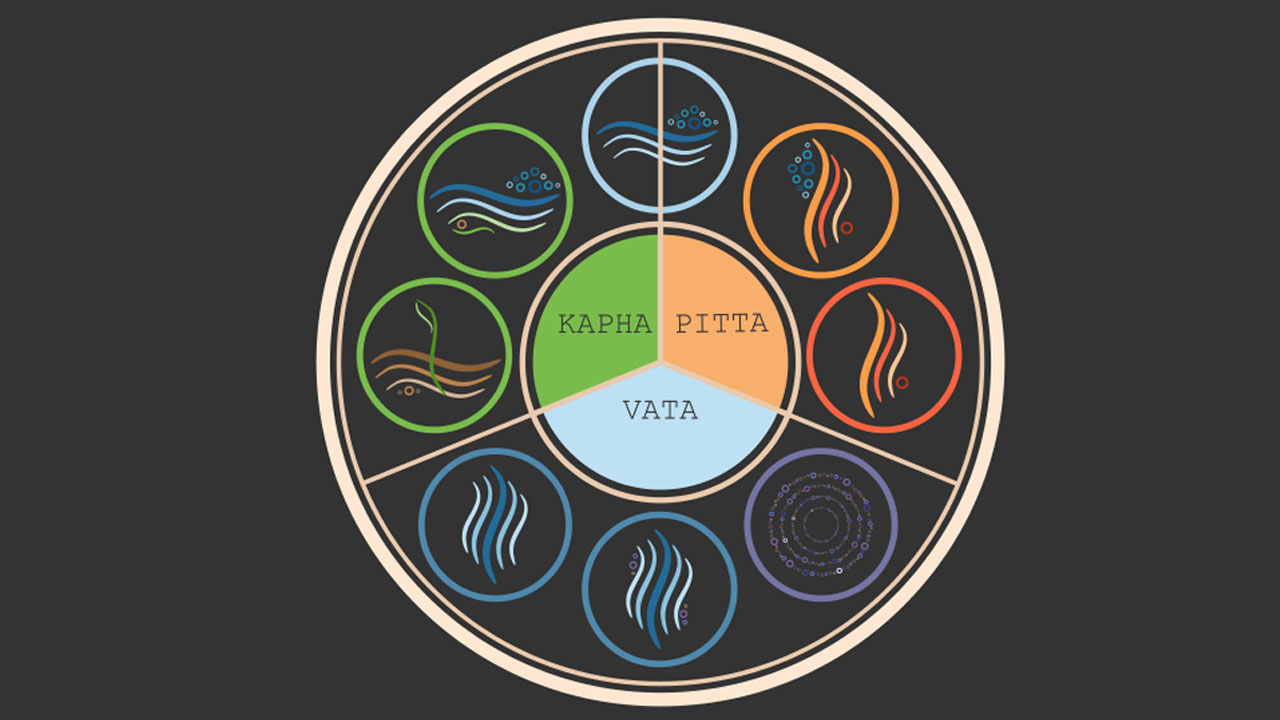
Prakriti The Unique Identity
In Ayurveda, ‘Prakriti’ means every individual’s unique constitution and id...

Importance of Ahar (Diet) in Ayurveda
In Ayurveda, food is called ‘mahabhaisajya’ which means ‘the best medicine....
DON’T MISS OUT

5 IMMUNITY BOOSTING HERBS IN AYURVEDA
Vital essence of all body tissues is called “Ojas” according to principl...